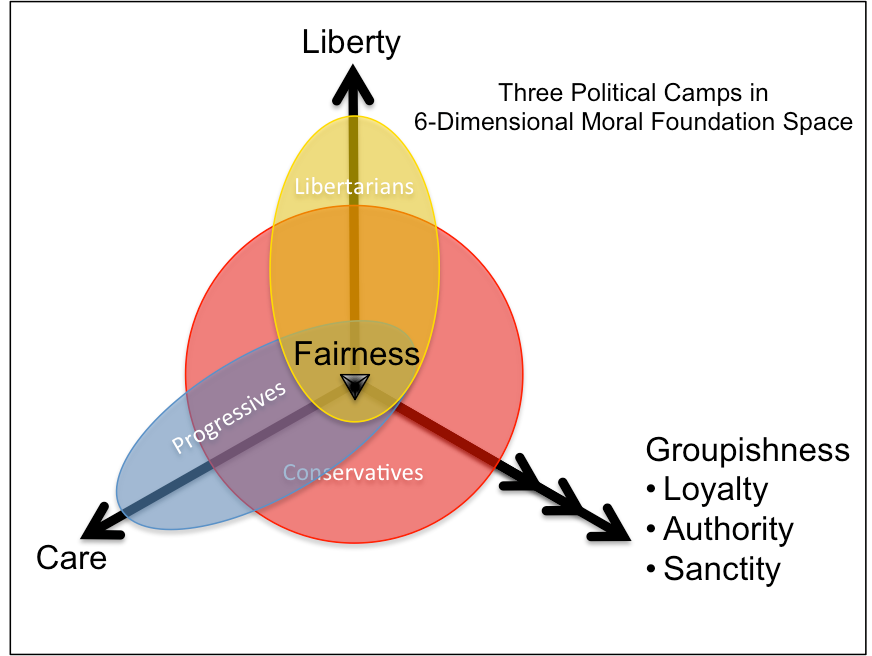Insulting Utes on Twitter
Hey look! I just noticed I still own this blog… nice.
Ok, I knew I still owned NCT. I just haven’t posted here in more than three years. These days I mostly get my online fix by talking BYU sports on Twitter. (See @GeoffJbyu) The thing about rooting for BYU on Twitter is it means I get to argue with Utah Utes fans a lot. Of course arguments in the 140 character format of Twitter mostly consists of taunting and insulting. I get a lot of Ute challengers appearing in my Twitter mentions these days because I’ve developed a bit of a reputation for being highly optimistic about BYU (which infuriates and frustrates many of them to no end) and for being somewhat pugilistic in my responses to Ute antagonists who come after me. My go-to insult with most Ute fans is to call them imbeciles in one form or another. Some variations on that theme have included: moron, dimwit, stupid, dumber than a box of rocks, illiterate, fool, dullard, ignoramus, simpleton, pea brain, numbskull, and knucklehead. Such insults tend to get under their skins, which of course is my goal.
Not sure if I should feel bad about all the online arguing and insulting or not. I normally don’t. Although sometimes I get the feeling the rough-housing has gotten too heated and sort of feel bad when that happens.
Anyhow, in some ways the whole Twitter fighting process is kind of cathartic. I have long been a bit of a fan of evolutionary psychology theories that posit that we have all sorts of instincts that we’re born with as a result of the evolutionary history of humans. (And yes, I do think human evolution can square with a Mormon cosmology just fine with the right assumptions). So I kind of suspect this sort of raw tribal fighting is coded into all of our DNA. It sure seems to come naturally to us all.
If that’s the case, seems to me that the low stakes, almost ritualized sparring associated with this literal Team Blue vs Team Red serves as a useful and largely harmless outlet. It is undoubtedly a lower stakes fight than the ugly political fighting we see between Team Red (conservatives) and Team Blue (liberals) so many other places these days. Likewise, the religious fighting I used to do with anti-Mormons here and elsewhere online seemed to have higher stakes (even if that was just my impression).
I recently saw someone make a prediction for the future of humanity that went something like this: “Unrelenting Tribalism”. I tend to agree. I think tribalism is probably in our DNA. So I’m hoping that getting my tribal warfare fix via low stakes sports team rivalries is actually a useful pressure release valve rather than just an excuse for me to be rude to a bunch of anonymous Ute fans online.
If unrelenting tribalism is in our blood and inevitable, maybe finding a low stakes outlet like a sports team rivalry for it would be good for all of us. Especially if we could then let cooler heads prevail when it comes to higher stakes issues in society.



